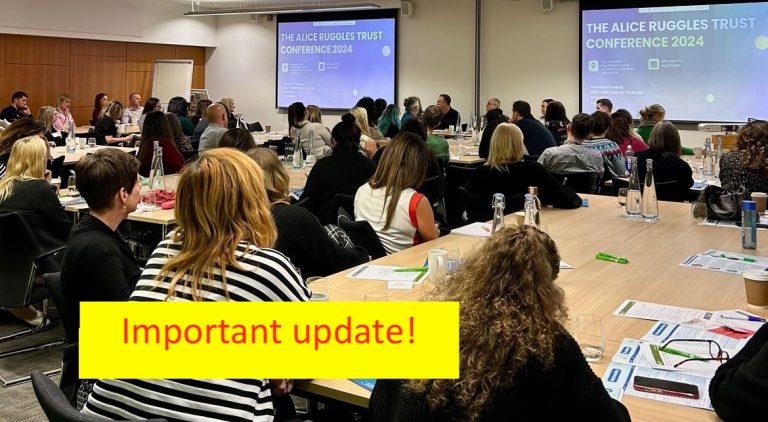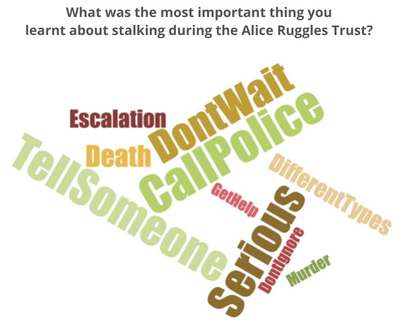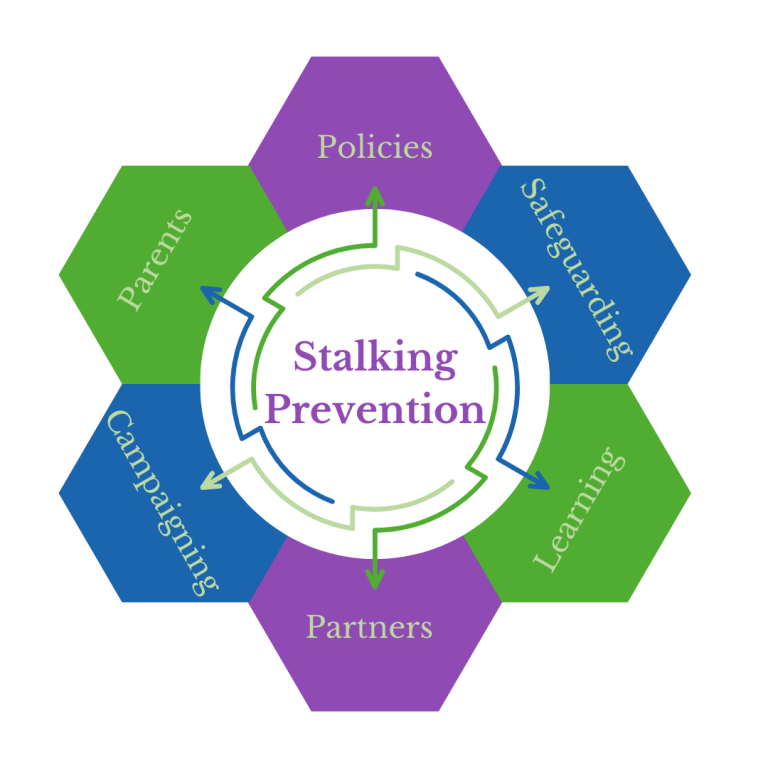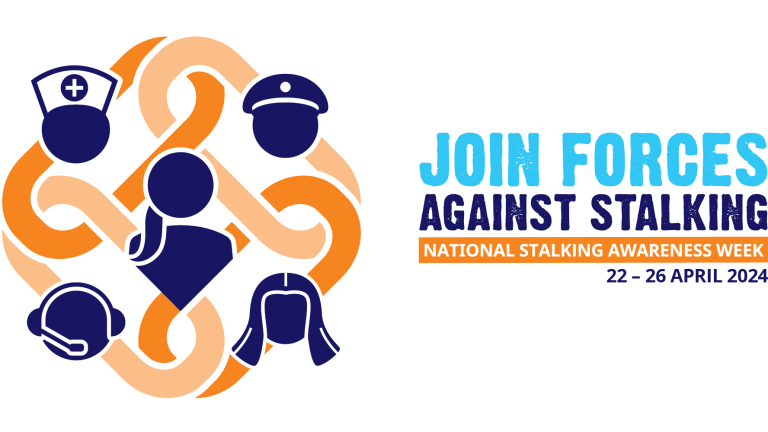Latest news

Our 2025 conference
will now be held on Wednesday Nov 5 and Thursday Nov 6 at a venue in Nottingham

SPOs still far too little used
Stalking Protection Orders (SPOs) are still only being used in a tiny proportion of stalking cases. This has to change

Supercomplaint response published
Today has seen the release of the long-awaited report on the investigation into the National Stalking Consortium’s Super Complaint regarding the police response to stalking. The

Launch of Alice Ruggles Trust Awards
The Alice Ruggles Trust Awards aim to recognise and celebrate those people and projects doing exceptional work bringing stalking to an end.

Stalking prevention assemblies
We are partnering with Durham Constabulary and the Office of Durham Police and Crime Commissioner to deliver assemblies about stalking across schools in County Durham and Darlington

Launching our Stalking Safety Checklist
Working with Paladin National Stalking Advocacy Service, we have developed a simple checklist to support schools in creating a full support network around young people to help them recognise and report stalking

Launching our new Key Stage 3 lesson
Our new Key Stage 3 lesson extends our messaging about relationships and stalking to younger students between 11 and 14 years old

National Stalking Awareness Week 2024
The theme for this year’s NSAW is “Join Forces Against Stalking”, focusing on multi-agency working. We are planning a number of activities during the week

Welcome to our new website
We are excited to be going live with our new website for National Stalking Awareness Week